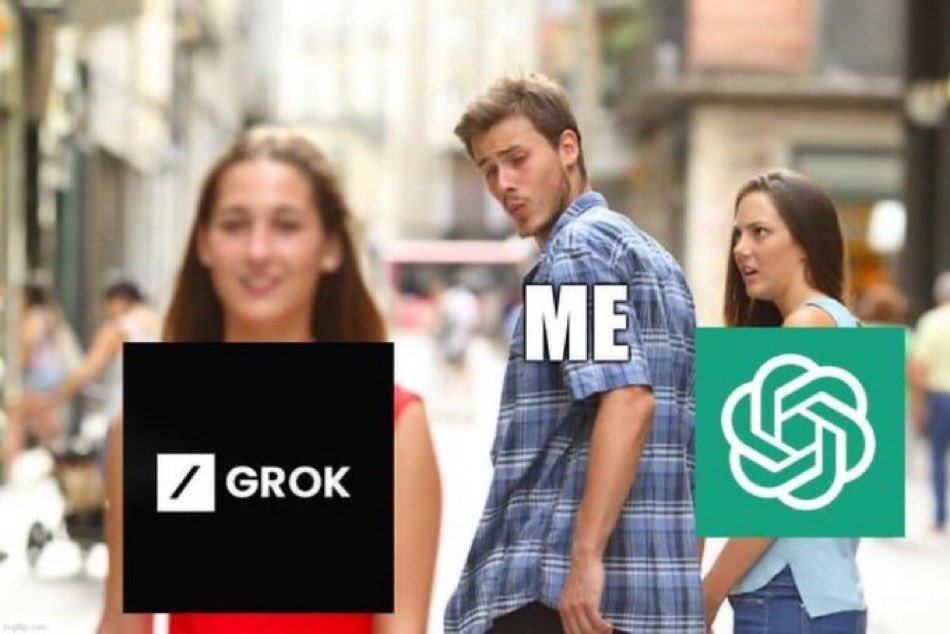In the realm of artificial intelligence, the recent buzz is all about the rivalry between OpenAI’s ChatGPT and Elon Musk’s AI model Grok. This competition not only showcases the rapid advancements in AI but also opens a dialogue about the future of technology in our lives. Let’s delve into the intricacies of this rivalry and what it means for the AI industry.
The Genesis of Grok and Its Comparison with ChatGPT
Grok, developed under Musk’s guidance, represents a new wave in AI technology. It stands in direct competition with OpenAI’s ChatGPT, a platform renowned for its conversational abilities and diverse applications. What sets Grok apart is its integration with real-time data, particularly through social media platforms, unlike the basic version of ChatGPT, which relies on data only up to 2023.
The Clash Over Common Responses
The rivalry took an intriguing turn when ChatGPT highlighted a case where Grok responded to a prompt with an almost identical answer to that of ChatGPT, even mentioning OpenAI. This incident reignited discussions about whether Grok was trained on OpenAI’s code, a claim Musk has consistently denied.
In response, Musk suggested that the similarity in responses could be due to ChatGPT scraping data from Grok’s platform for training purposes. This allegation adds another layer of complexity to the ongoing debate about data usage and intellectual property in the AI domain.
Musk’s Engagement with Grok’s Feedback
Musk’s active involvement in Grok’s development and his response to public feedback, both positive and negative, is noteworthy. He has been seen reacting to user comments about Grok on social media, sometimes with humor, indicating his serious investment in the platform’s success.
Differing Functionalities and Access to Information
A significant difference between ChatGPT and Grok lies in their access to information. While ChatGPT requires a subscription to access real-time data, Grok reportedly has this feature inherently, thanks to its integration with social media data.
The Controversy and Clarifications
The controversy regarding Grok’s data sources led to a statement from Igor Babuschkin, an X user affiliated with xAI. He explained that the similarities in responses might have occurred because Grok inadvertently picked up ChatGPT outputs while being trained on a vast array of web data. He reassured that no OpenAI code was used in Grok’s development, emphasizing the rarity of such incidents and promising rectifications in future versions.
Broader Implications in the AI Race
This rivalry between ChatGPT and Grok exemplifies the broader competition in the AI industry, where big tech companies vie to outperform each other. It raises questions about the ethics of AI development, data privacy, and the potential for AI models to inadvertently overlap in their learning processes.
The Future of AI: OpenAI and Musk’s Vision
As AI continues to evolve, the direction taken by platforms like ChatGPT and Grok will significantly influence the industry’s trajectory. Musk’s vision for Grok and OpenAI’s ongoing innovations with ChatGPT are shaping a future where AI is not only more integrated into our daily lives but also more contentious in terms of its development and application.
Conclusion
The rivalry between ChatGPT and Grok is more than a technological competition; it is a reflection of the dynamic and sometimes tumultuous nature of AI evolution. As these platforms continue to grow and adapt, they will undoubtedly shape the landscape of AI, posing new challenges and opening up unprecedented possibilities in the realm of artificial intelligence.

